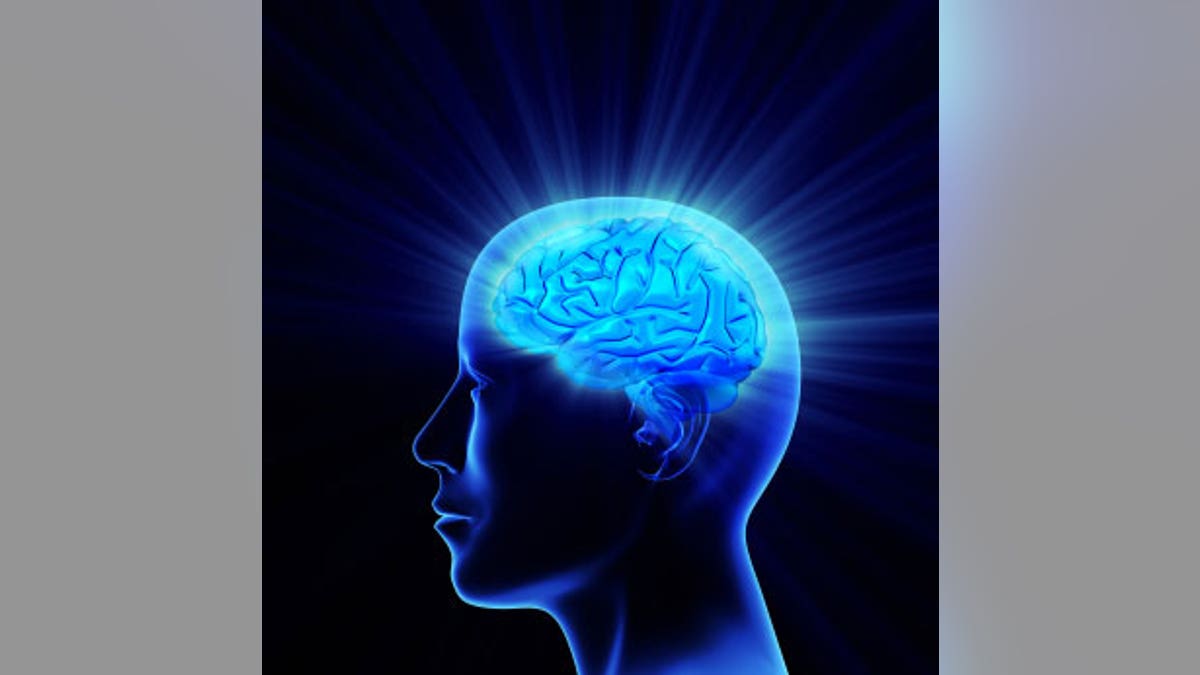
Unlikely as it sounds, U.S. researchers have found that people who are hard of hearing have increased odds of developing dementia as they age.
The results don't prove hearing loss causes the mental decline by itself, but they fuel hopes that wider use of hearing aids might help stem the rising tide of dementia.
Currently, more than one in 10 Americans over 70 have some kind of dementia and that number is set to balloon in the near future.
"Dementia is devastating, and the prevalence doubles every 20 years," said Dr. Frank R. Lin, an ear surgeon at Johns Hopkins University in Baltimore, whose findings appear in the Archives of Neurology.
"There are some studies showing that if you can delay dementia onset by just one year, you would decrease the prevalence of dementia by more than 10 percent in 2050."
With funding from the National Institute on Aging, Lin and colleagues followed more than 600 men and women over an average of 12 years. All had a hearing test done at the outset of the study; none was demented at that point.
Overall, 9 percent of the participants developed some type of dementia during the study, most commonly Alzheimer's disease.
And the worse their hearing, the greater their risk.
Those with mild hearing loss, which can make it hard to follow a conversation in a noisy restaurant, had nearly twice the chance of developing dementia compared to people with normal hearing -- even after ruling out the influence of age and other factors.
The risk increased three-fold for those with moderate hearing loss and five-fold for severe impairment.
"Does it mean you will develop dementia if your hearing is impaired?" Lin said. "Absolutely not! But is your risk increased? You betcha."
Lin said one small study from the 1980s had reached similar conclusions, but that the new study was the first to follow people over time.
What's responsible for the link is still unclear, however.
"That's the billion dollar question," said Lin, adding that three different possibilities all seem likely.
Hearing loss and dementia might share a common, unknown cause, for instance. Or, elderly people who are hard of hearing might have extra difficulties coping with declining mental function. Further, the social isolation and loneliness sometimes brought about by hearing impairment could also fuel the dementia.
If one of the last two explanations holds up, Lin said, that could potentially have a profound impact on public health and healthcare spending.
According to the National Institutes of Health, 17 percent of U.S. adults have some degree of hearing loss.
"If you treat hearing loss, could you possibly delay the onset of dementia?" Lin wondered, adding that he is currently running an experiment to find out.
Hearing aids currently aren't covered by most insurance companies, he added, and the high cost -- as much as $4,000 for a pair -- may explain in part why only a minority of people with hearing loss use them.
"Treating hearing loss is not going to hurt you, except perhaps your wallet," said Lin. "We really need to begin studying what the exact mechanism is. And we need to begin studying whether hearing aids could have an effect on the onset of dementia."







































